For decades, vitamin E has been celebrated as a powerful antioxidant, a guardian against cellular damage, and a potential shield against chronic diseases. From skincare products to dietary supplements, its reputation as a health-boosting nutrient is firmly entrenched in public consciousness. Yet, emerging research paints a more complex picture—one where excessive vitamin E supplementation may inadvertently fuel the spread of cancer, turning a presumed protector into an unwitting accomplice in disease progression.
The antioxidant properties of vitamin E have long been touted for their ability to neutralize free radicals, unstable molecules that damage cells and contribute to aging and disease. This mechanistic understanding led to widespread belief that more antioxidants must equate to better health. However, biology rarely operates in such straightforward terms. Recent studies suggest that high doses of vitamin E might disrupt the delicate balance of oxidative stress in ways that paradoxically benefit cancer cells, particularly during metastasis—the deadly process by which tumors colonize distant organs.
At the heart of this paradox lies the dual role of reactive oxygen species (ROS). While excessive ROS can harm healthy cells, controlled levels play crucial signaling roles in normal physiological processes. Cancer cells, however, hijack these mechanisms. Research indicates that metastatic cells experience intense oxidative stress as they detach from primary tumors and navigate hostile environments. Antioxidants like vitamin E may relieve this stress, effectively giving traveling cancer cells a survival advantage. Animal studies demonstrate this alarming effect—tumors in antioxidant-supplemented mice metastasize more aggressively than in controls.
The situation grows more nuanced when considering different vitamin E forms. Natural vitamin E comprises eight chemically distinct compounds—four tocopherols and four tocotrienols—yet most supplements contain only alpha-tocopherol. This isolation may disrupt the body's natural antioxidant network. Gamma-tocopherol, another vitamin E variant abundant in foods but rare in supplements, actually shows anti-inflammatory and potentially anti-cancer properties. The disproportionate focus on alpha-tocopherol in supplementation could therefore be missing—or worse, counteracting—important biological nuances.
Human observational studies add layers to this puzzle. While some populations with vitamin E-rich diets show lower cancer incidence, intervention trials with high-dose supplements frequently disappoint or even show harm. The SELECT trial, involving over 35,000 men, found vitamin E supplements increased prostate cancer risk by 17%. Similarly, a 2014 study in Science Translational Medicine reported antioxidants accelerating lung cancer progression in mouse models and human cell lines. These findings challenge the simplistic "antioxidants good, free radicals bad" narrative that dominated nutritional science for generations.
Molecular biologists are now mapping how vitamin E might orchestrate these effects. Beyond its antioxidant capacity, vitamin E influences cell signaling pathways, gene expression, and even the tumor microenvironment. It appears to interact with key metastasis drivers like the BACH1 protein, which helps cancer cells adapt to oxidative stress during spread. When vitamin E alleviates oxidative pressure, it may inadvertently activate BACH1 and related pathways that enhance cancer cell mobility and invasion.
The timing of vitamin E exposure might prove critical. While preventing initial DNA damage could theoretically reduce cancer initiation, once malignant cells exist, antioxidant supplementation could provide precisely the stress relief these cells need to survive circulation and establish secondary tumors. This biphasic potential—protective early but dangerous later—complicates blanket recommendations about vitamin E intake, particularly for cancer patients or those at high risk.
These revelations arrive amid concerning supplement trends. National surveys indicate nearly half of U.S. adults take dietary supplements, with vitamin E among the top choices. Many consumers self-prescribe doses far exceeding the recommended daily allowance (15 mg for adults), often believing "if some is good, more must be better." This mindset persists despite most developed nations declaring vitamin E deficiency extremely rare outside specific medical conditions like fat malabsorption disorders.
Cancer specialists are urging reconsideration of antioxidant supplementation during active disease. While not suggesting vitamin E causes cancer, accumulating evidence indicates it might alter disease behavior in ways that matter profoundly for outcomes. Ongoing research explores whether these effects vary by cancer type, stage, or individual genetics—critical questions for personalizing nutritional advice in oncology.
The vitamin E saga underscores a broader lesson in nutrition science: biological systems thrive on balance, not excess. Isolated compounds often behave differently than whole food matrices, and context—timing, dosage, individual health status—can flip a nutrient from hero to villain. As research continues unraveling vitamin E's complex relationship with cancer, the takeaway isn't to fear this essential nutrient, but to respect its potency and acknowledge the limits of our understanding.
For now, most experts concur that obtaining vitamin E through diverse whole foods—nuts, seeds, leafy greens, and vegetable oils—poses little risk while providing complementary nutrients. High-dose supplementation, however, appears increasingly difficult to justify outside clinically supervised scenarios. As science continues probing antioxidants' dual nature, the vitamin E story serves as a cautionary tale about the perils of oversimplifying nutrition into good versus bad binaries.
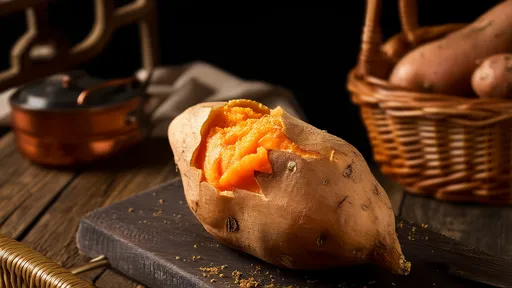
By /Jul 1, 2025
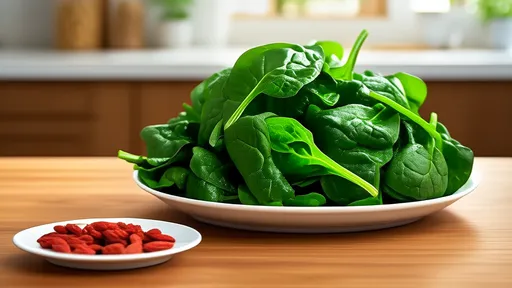
By /Jul 1, 2025
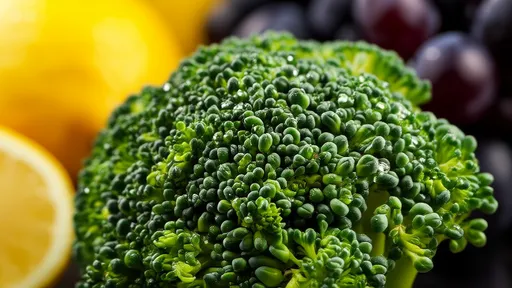
By /Jul 1, 2025
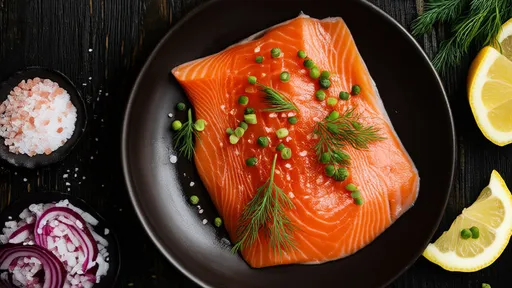
By /Jun 18, 2025
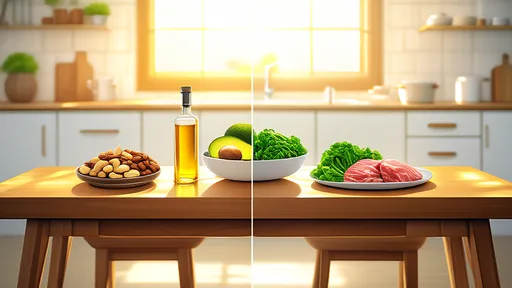
By /Jun 12, 2025
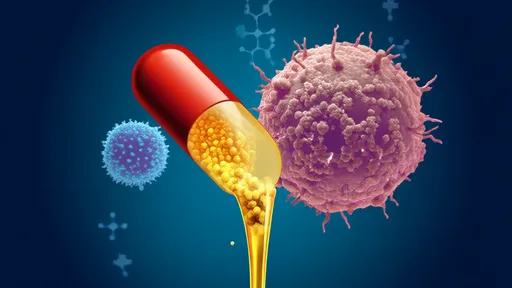
By /Jun 12, 2025
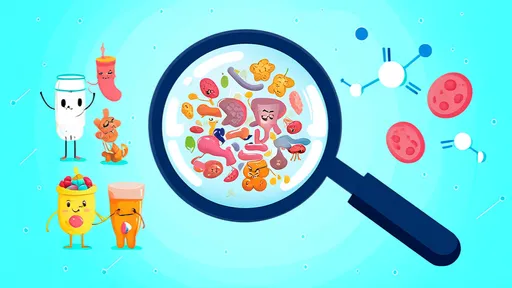
By /Jun 12, 2025